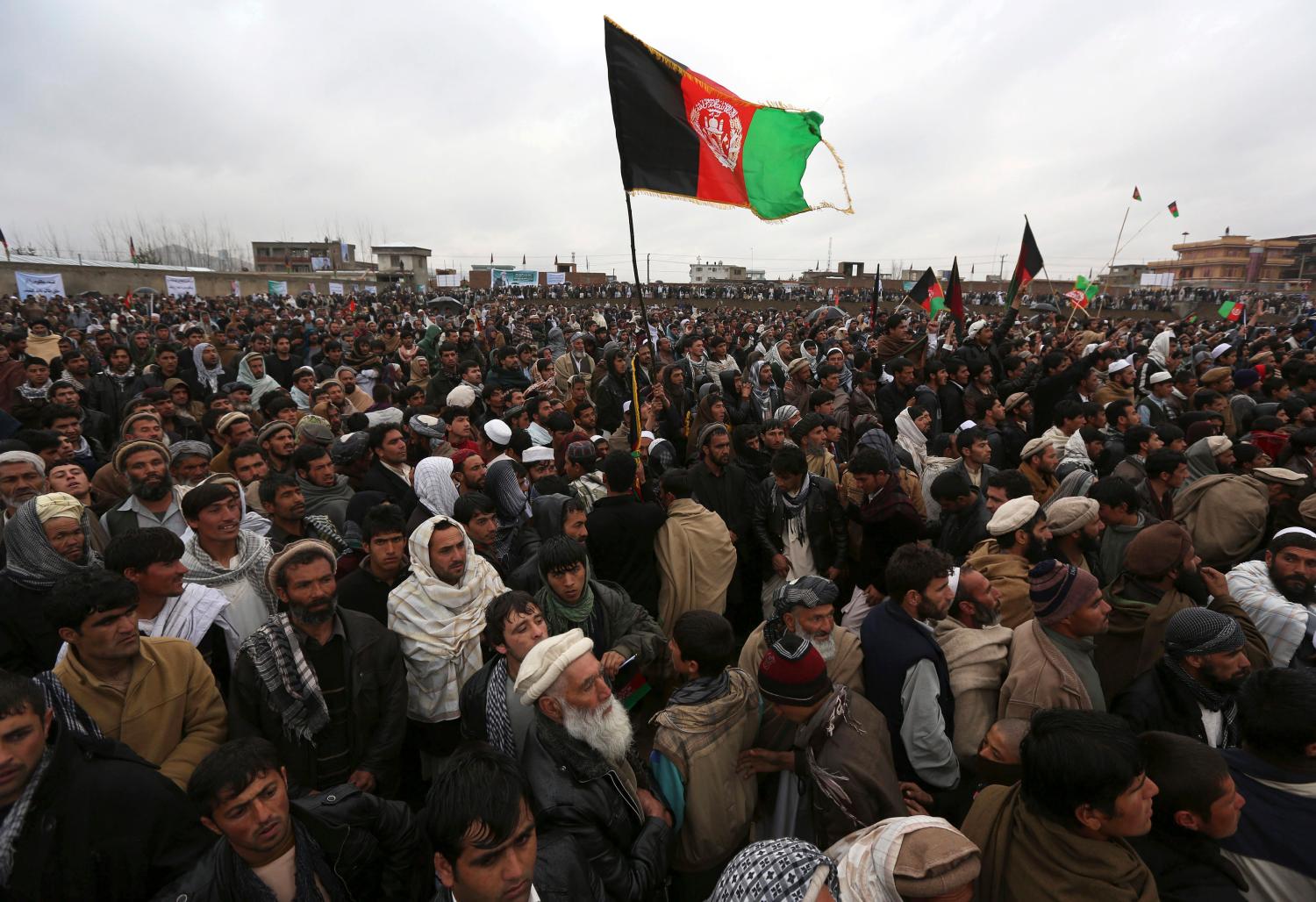Editor’s note: The excerpt below introduces a book chapter written by Vanda Felbab-Brown for the Austrian Federal Ministry of the Interior anthology, Afghanistan 2014, published in March 2014. In this chapter, Dr. Felbab-Brown analyzes several key determinants of short-term and longer-term security and political developments in Afghanistan: the state of the Afghan National Security Forces, the adoption or rejection of the Bilateral Security Agreement (BSA) with the United States by the Afghan government, and Afghanistan’s presidential and provincial elections of 2014 and their impact on the political realm and institutional formation in Afghanistan. Felbab-Brown also draws implications for negotiations with the Taliban.
The great uncertainties about the security and political transitions underway in Afghanistan and the country’s economic outlook are likely to continue generating pervasive ambivalence in Washington, Kabul, and other capitals over how to manage the U.S. and ISAF withdrawals and their after-effects. Many Afghans fear that a civil war is coming after 2014; and outmigration and capital flight are intensifying. The security, political, and economic developments in 2014 and 2015 will be critically influenced by three factors: The first key determinant is whether Afghan National Security Forces (ANSF) are capable of functioning at least at the level of their 2013 performance while improving “tail”(e.g., logistical and specialty enablers) support and reducing casualty levels. The second factor is whether Afghanistan signs the Bilateral Security Agreement (BSA) with the United States, enabling a continued presence in Afghanistan of a small contingent of U.S. forces after 2014 and allowing other coalition countries to make similar commitments. The posture and mission of the U.S. and coalition deployments and international financial support for Afghanistan will also be of critical importance. Third, Afghan presidential elections in 2014 will deeply influence the political, security, and economic developments in Afghanistan for years to come. All three of these factors will also profoundly effect any future negotiations between the Afghan government and the Taliban. Moreover, Afghanistan’s impending economic downturn will have both immediate and medium-term repercussions for Afghanistan’s stability. Although a detailed discussion of external influences from neighboring countries and regional powers on Afghanistan’s security and stability is not within the remit of this paper, it
nonetheless needs to be recognized that Afghanistan’s regional environment will critically intensify or reduce internal conflicts within Afghanistan, helping to stabilize the country or fuel conflict dynamics.
The Brookings Institution is committed to quality, independence, and impact.
We are supported by a diverse array of funders. In line with our values and policies, each Brookings publication represents the sole views of its author(s).




